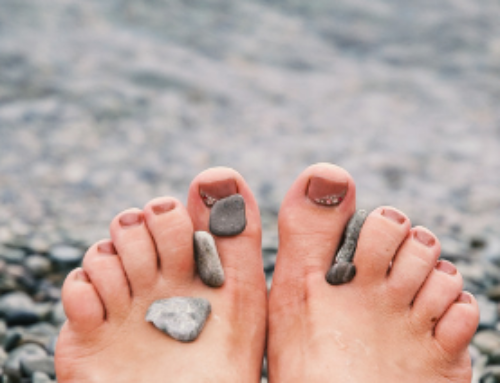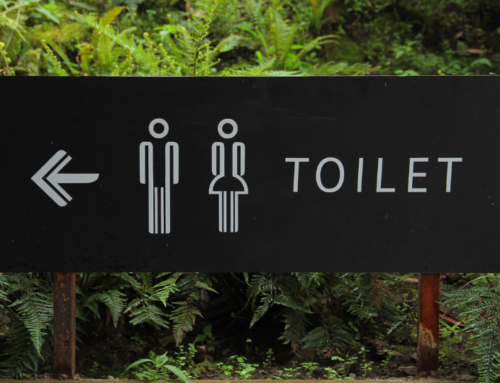Like oil and water, multi-level marketing doesn’t mix well with the holistic practice of aromatherapy. Essential oil therapy is a research-based practice that focuses on supporting emotional and physical wellness through topical and inhaled application of the oils. Less is more in the aromatherapy world, diluted percentages of essential oils are used in topical applications usually 1-5%, though sometimes fractions of percentages are employed.
Multi-Level Marketing (MLM), is a sales-driven concept that is wildly popular in the United States and other countries. Trademarked terms such as “therapeutic grade essential oils” mislead the consumer to think that some global agency is grading essential oils on such a level, when in reality no such agency or quality exists.
What is Aromatherapy?
The practice of aromatherapy is the use of essential oils to support emotional and physical health, it can be used a complementary medicine alongside traditional treatments (i.e. to support relaxation after surgery), or as an alternative (i.e. as a first-aid treatment for a cut or burn). Essential oils are made up of different chemical components that show up in the blood stream after being inhaled or applied to the skin
What is an Aromatherapist?
Here in the United States Aromatherapists are not licensed or regulated. A Professional Aromatherapist is a practitioner that has completed a minimum of 200 hours of aromatherapy-only education. This practitioner may provide consultations to clients seeking guidance on using essential oils at home, with other training and a license to touch the body the practitioner may also provide a topical application treatment, such as an aromatic massage by a Licensed Massage Therapist.
Safety Concerns with MLM Aromatherapy Sales
The professional Aromatherapy community has published many safety guidelines for the general public on using essential oils in the home. Some MLM companies provide product suggestions that go outside of national and international safety guidelines. A few examples include:
- Oral aromatherapy applications – the Alliance of International Aromatherapists warns against this method, as well as the National Association of Holistic Aromatherapy. Suggestions from MLMs include “adding a drop or two to a glass of water” and are often followed by claims of treating diseases ranging from cancer to scoliosis of the spine.
- Essential oils on babies – without research to back up recommendations customers are told to apply undiluted oils to newborns and young infants. Essential oils should ALWAYS be diluted for use on the skin of children and adults. See Aromatherapy Undiluted – Safety and Ethics.
- Raindrop Therapy – is a highly criticized treatment in which undiluted essential oils are placed directly on the skin and left on for a period of time to “cure” disease. Read the statements from NAHA, AIA and the Whitepaper on this unsafe method.
Aromatherapy Should Never be About More Sales
As a practicing aromatherapist I strongly feel that this modality has been hijacked by some very large companies trying to make money off of unsuspecting customers through disinformation campaigns and shady sales tactics. The art and science of aromatherapy is about finding balance in body, mind and spirit. It is an accessible form of wellness that can be very beneficial when practiced in a safe and controlled way. By turning it into dollar signs we have come far away from the beauty of this modality.
I encourage you to seek out artisan essential oils – small suppliers that can give you information about where the plants grew, how they were distilled and a GC/MS on the chemistry of the bottle of oil you’re buying. Seek out workshops and the advice of a qualified aromatherapist. Don’t assume the salesperson at the health food store has a background in aromatherapy! Read, ask questions, and don’t just take my word for it – research!
I welcome constructive comments and questions without sales jargon. 🙂








Amy, your article on MLM is well written and evidence based. Thank you for stating all of these very important issues extremely well.